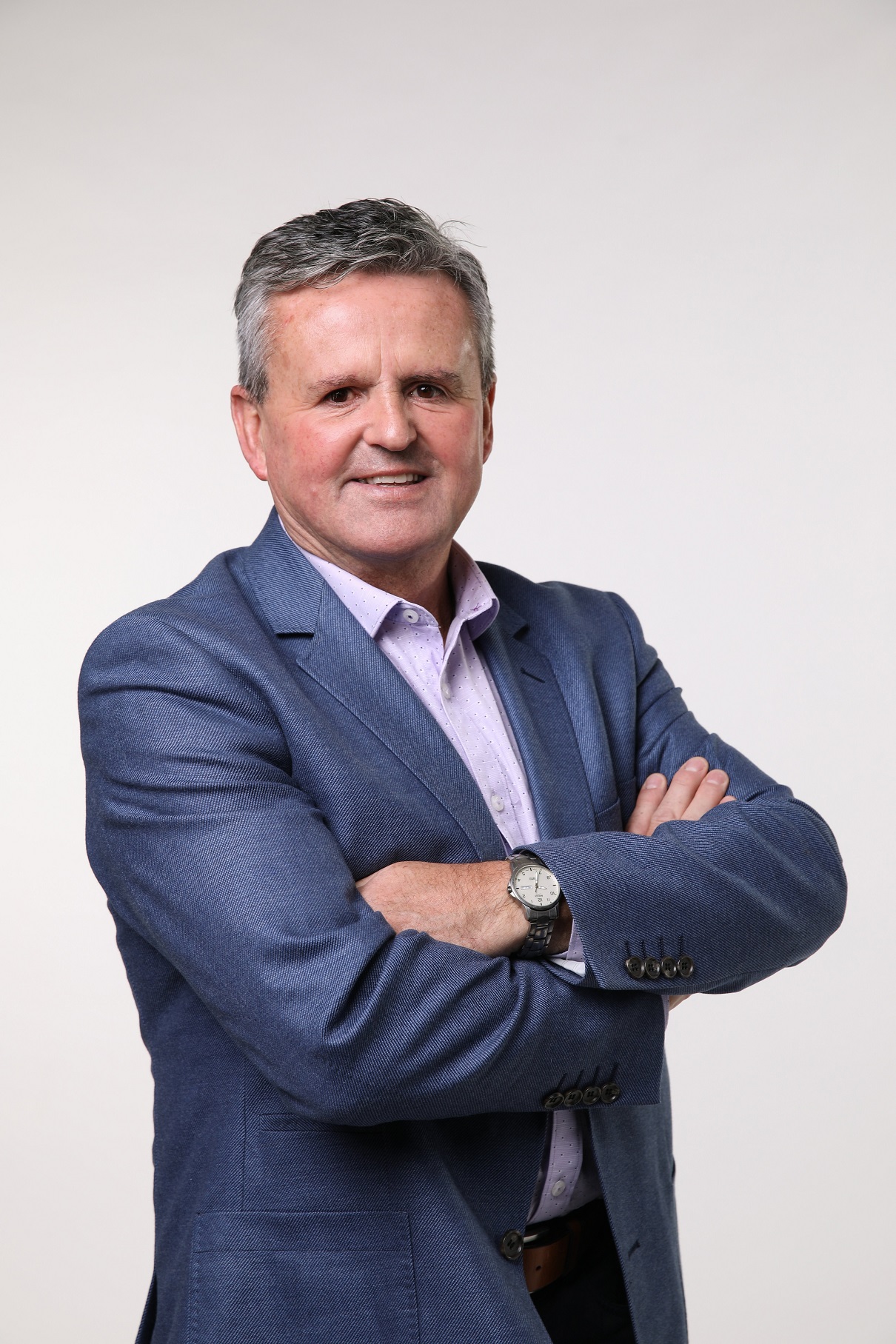
Infrastructure chairman Ian Pottinger said his council and the Gore and Southland District Councils could still work together around contracts and solutions for the region’s waste — but he thought decisions should be made "in house".
Cr Pottinger raised the issue last week during the council’s inaugural meeting.
The three councils since 2010 have been part of the WasteNet Advisory Group, which oversees solid waste in Southland.
In 2019 the joint venture came under the spotlight when the councils went in opposition directions around the region’s recycling contract.
The recommendation was the recycling contract be given to Smart Environmental instead of the existing contractor, which hired people with disabilities. The Invercargill council decided to vote it down and have its own recycling contract with the existing contractor.
Speaking yesterday to the Otago Daily Times, Cr Pottinger said the idea to set up WasteNet was to have those three councils working together on the waste matter and this, at the time, made sense.
However, he believed that the current governance model was not suitable any more.
"What has happened is, in my opinion, the ball has been dropped by WasteNet. They [ the group] haven’t met since June 2020 — that is a fact and has been proven.
"And unfortunately the waste scene is a very evolving scene and we need to be right on the top of that. I don’t believe that this model is the best way. It is too cumbersome."
The quantity of waste sent to landfill had increased 2.56% compared with last year, so it was paramount to act on the matter fast, he said.
The management team of the three councils could still work together on their waste minimisation plan contracts and best practice in the region, but he wanted his council to have the autonomy to make the decisions on the infrastructure committee, aiming to speed up the process, he said.
"As far as governance goes, I think it [the decisions] need to be done in house.
"Our waste is increasing, the alarm bells should be ringing and we should be on to it because it cost us. Every extra tonne [of waste] is a cost to the ratepayers."
Invercargill Mayor Nobby Clark agreed with Cr Pottinger.
He said one of the main issues with WasteNet was the three councils had agree to decisions unanimously rather than the view of two councils holding sway.
Gore was responsible for only 8% of recycling waste, he said.
He believed the most contentious issue was the recycling contract as Invercargill was committed to keeping those jobs for people with disabilities.
"What we’ve still got is a WasteNet management group where the three councils’ staff can still work together."
Both Mr Clark and Cr Pottinger said council staff were working on a report on the matter, which would be brought to the council soon.
Cr Pottinger said he hoped this issue could be sorted out by early next year.
Gore Mayor Ben Bell said he had not got "his head around the matter as yet", but recycling and others issue around waste would be something he would be focusing on while in office.
When asked if he believed the current model was still viable, he said there was a great opportunity as there were new mayors in the region.
It would be a chance to "have another think about it [the waste situation] to see what went wrong the last time and where we can go from here".
"The recycling market was quite different to when that contract ended, so it might have some new opportunities in that space."
Southland Mayor Rob Scott said the matter had not been discussed by the new district council yet.
"It is obviously something that we need to discuss as a council as well as region to make sure we are doing what is best for Southland.
"There is an economy of scale factor that comes with it and things like that ... With a fresh council it is a good time to look at the governance structure. But we are definitely open to have something which is functional and can actually achieve results as well."











